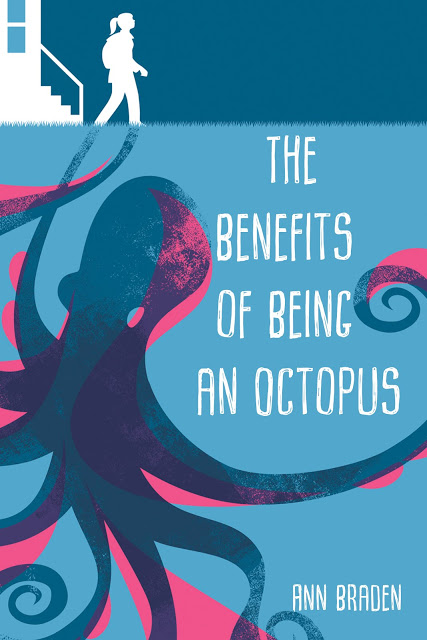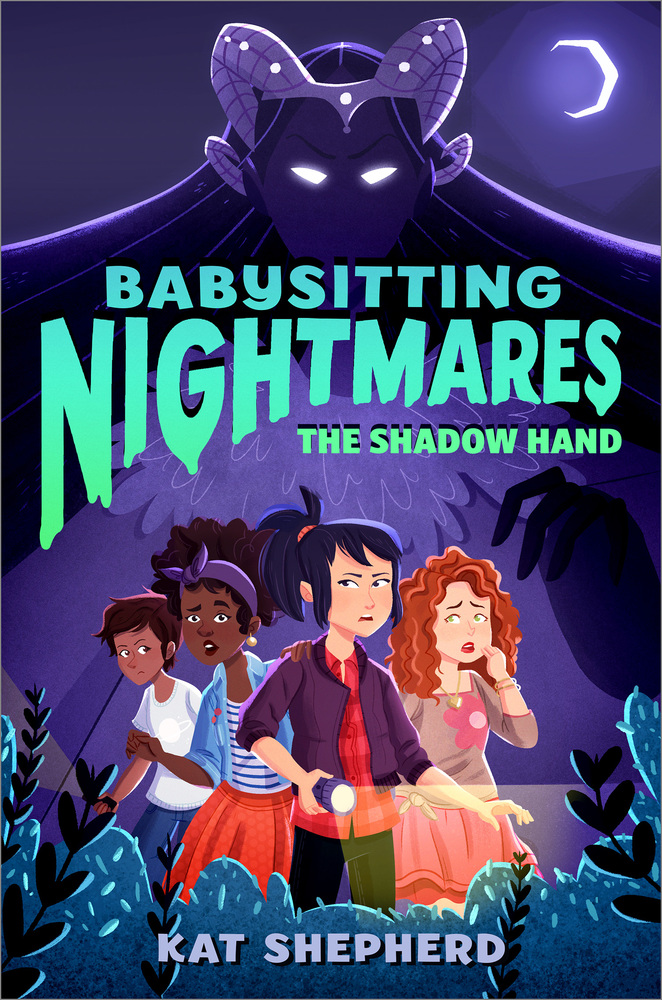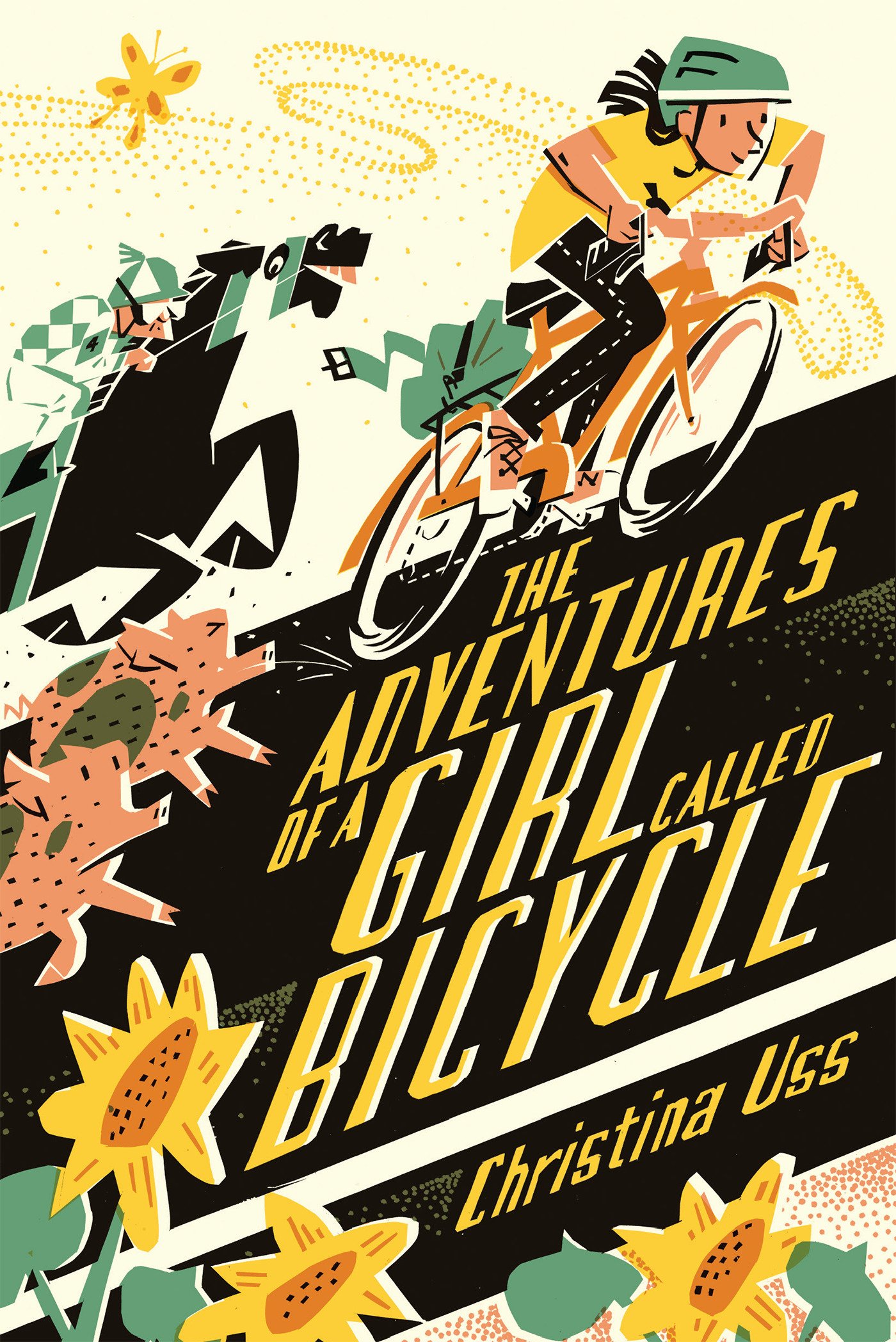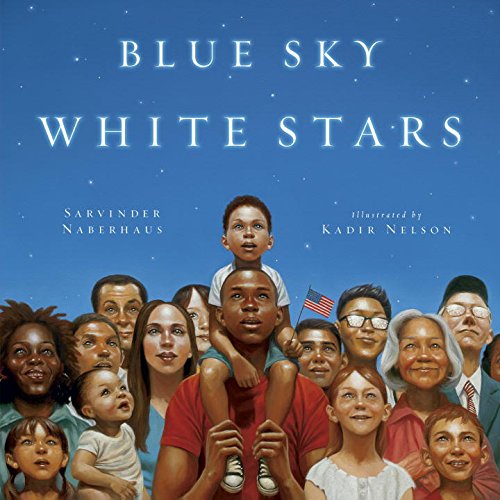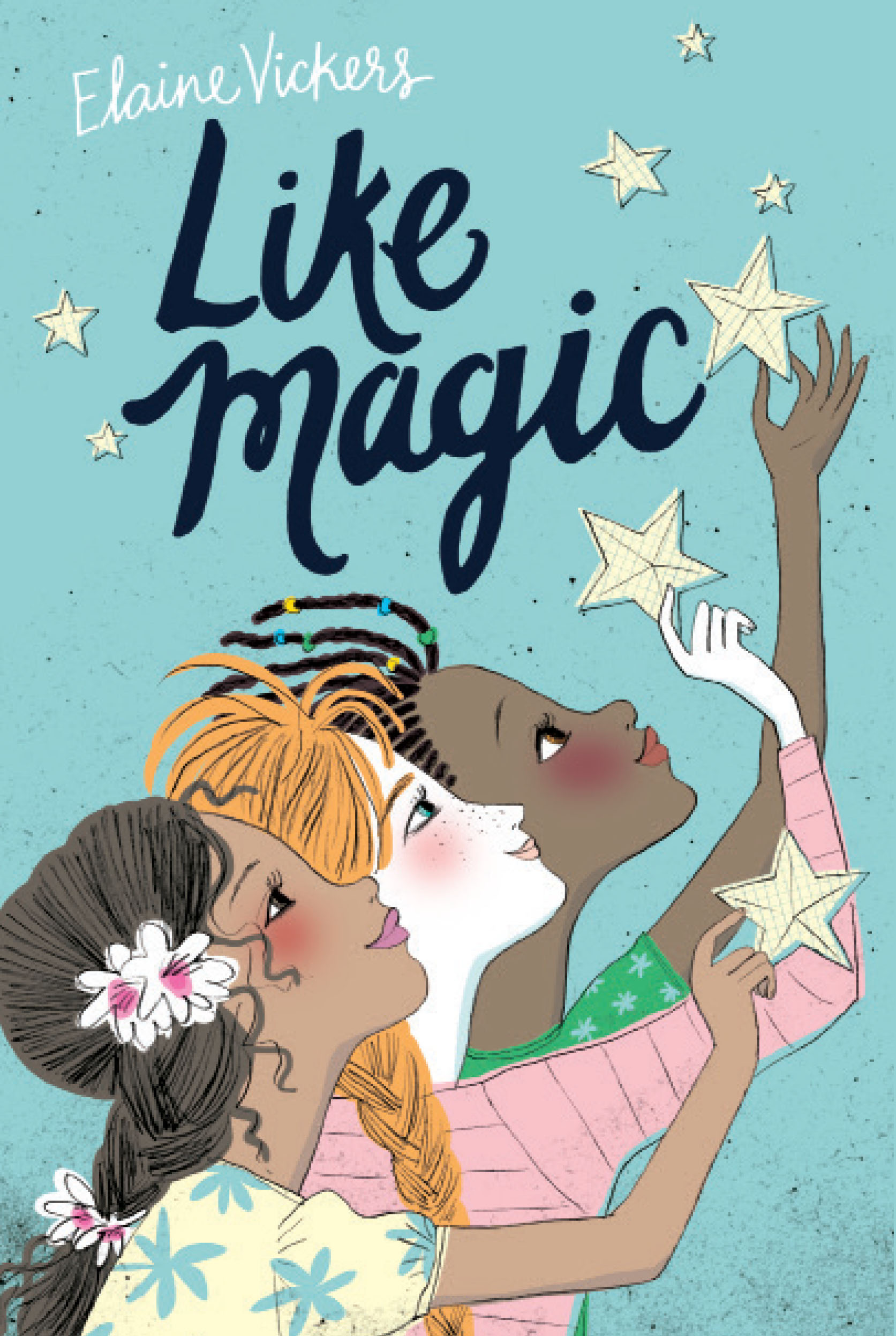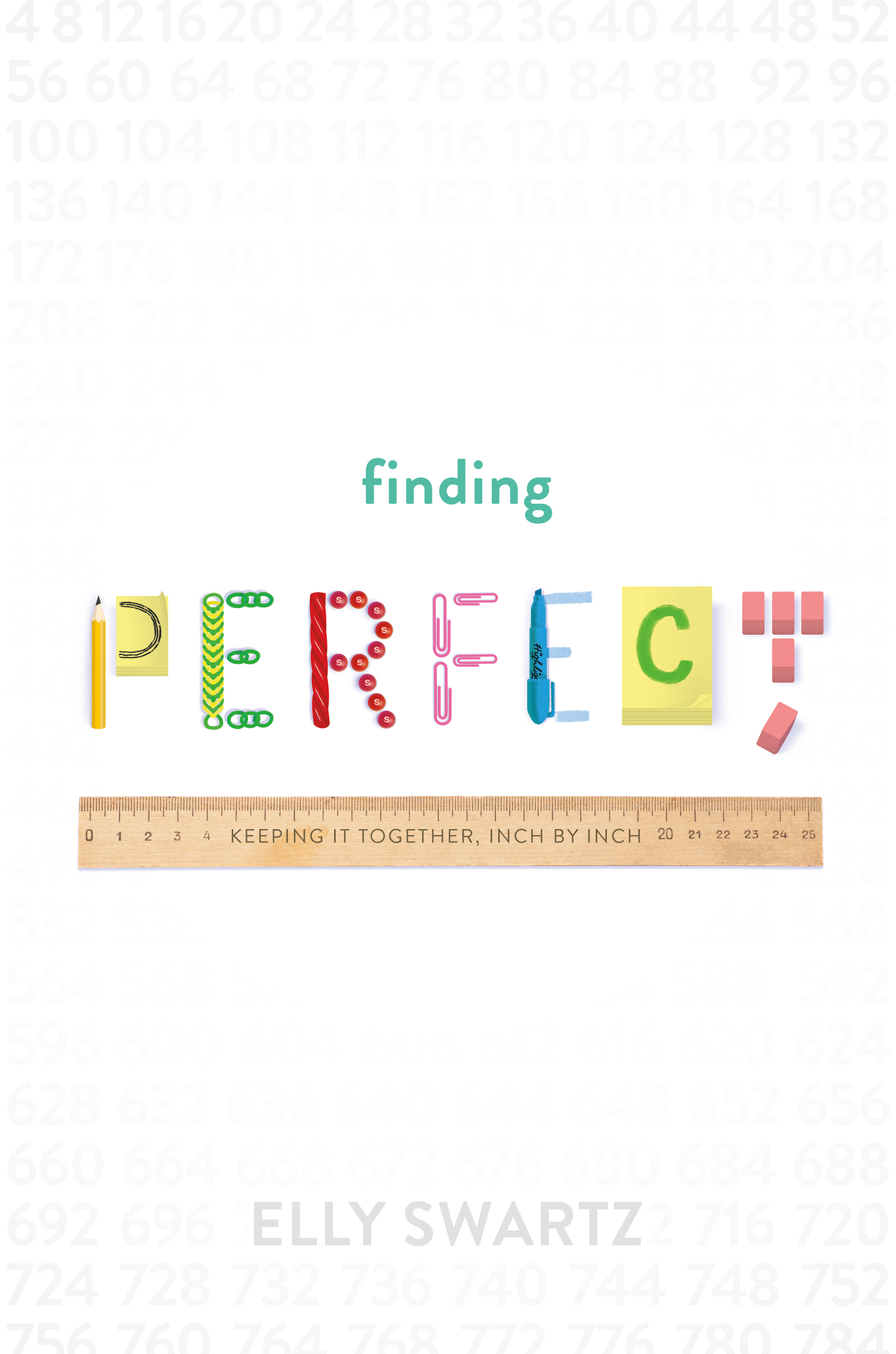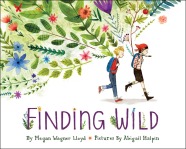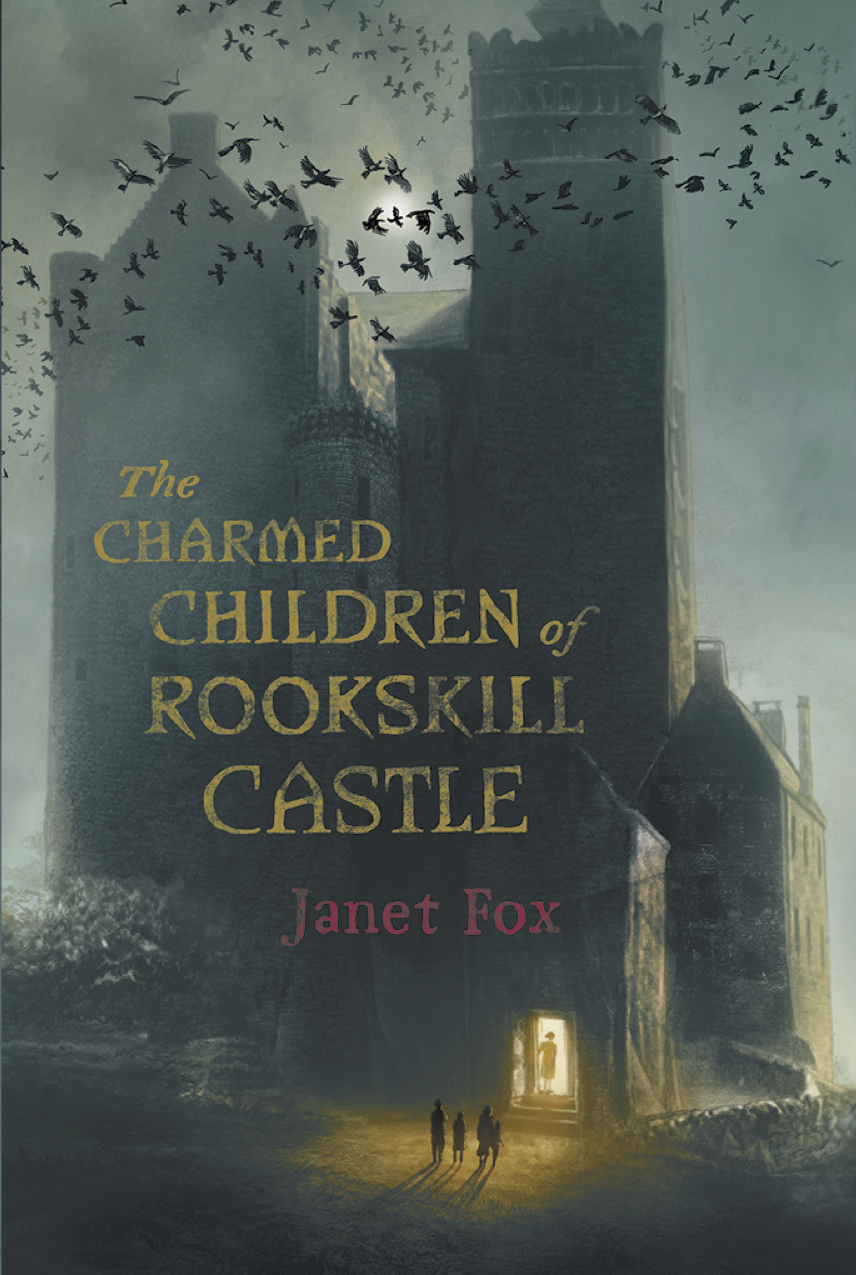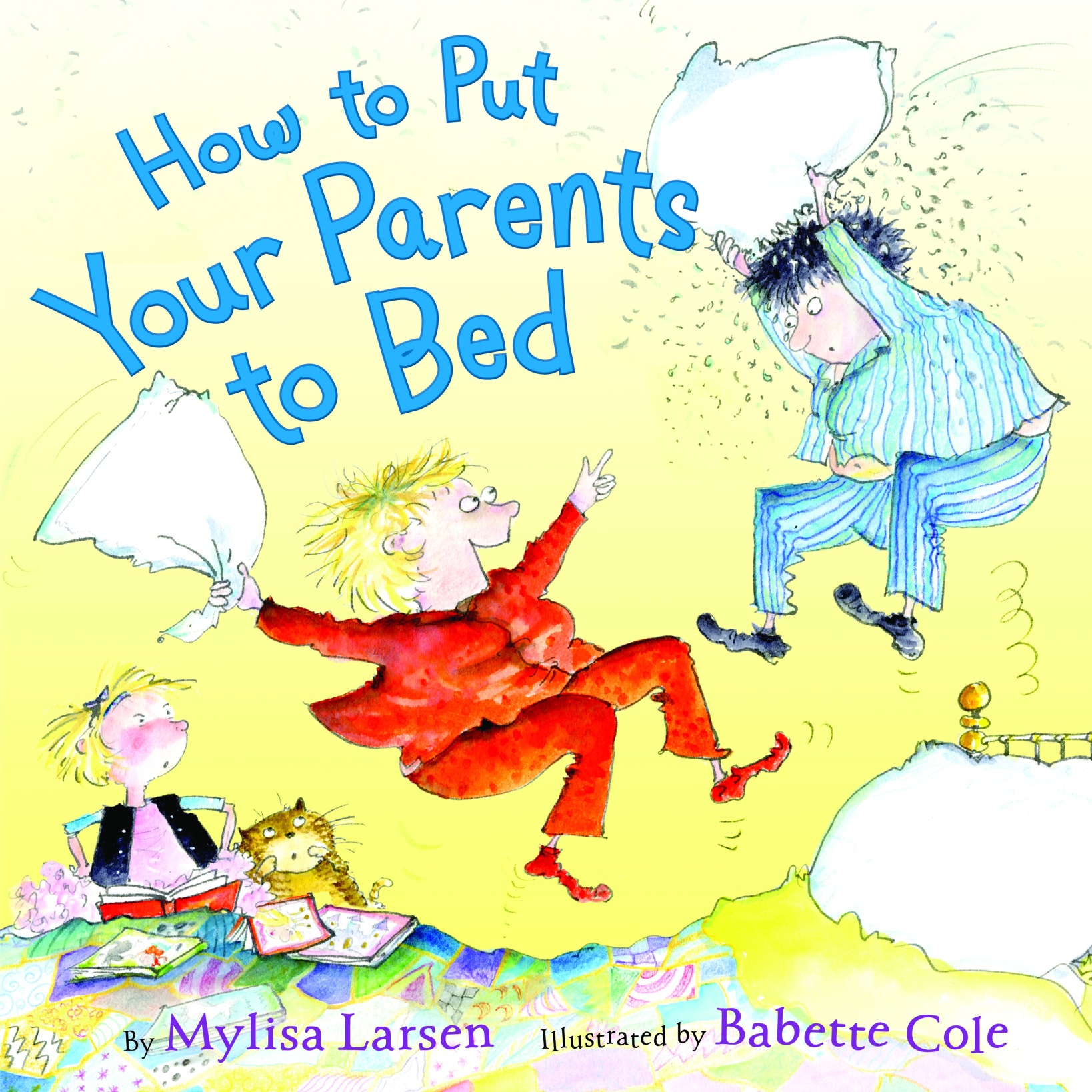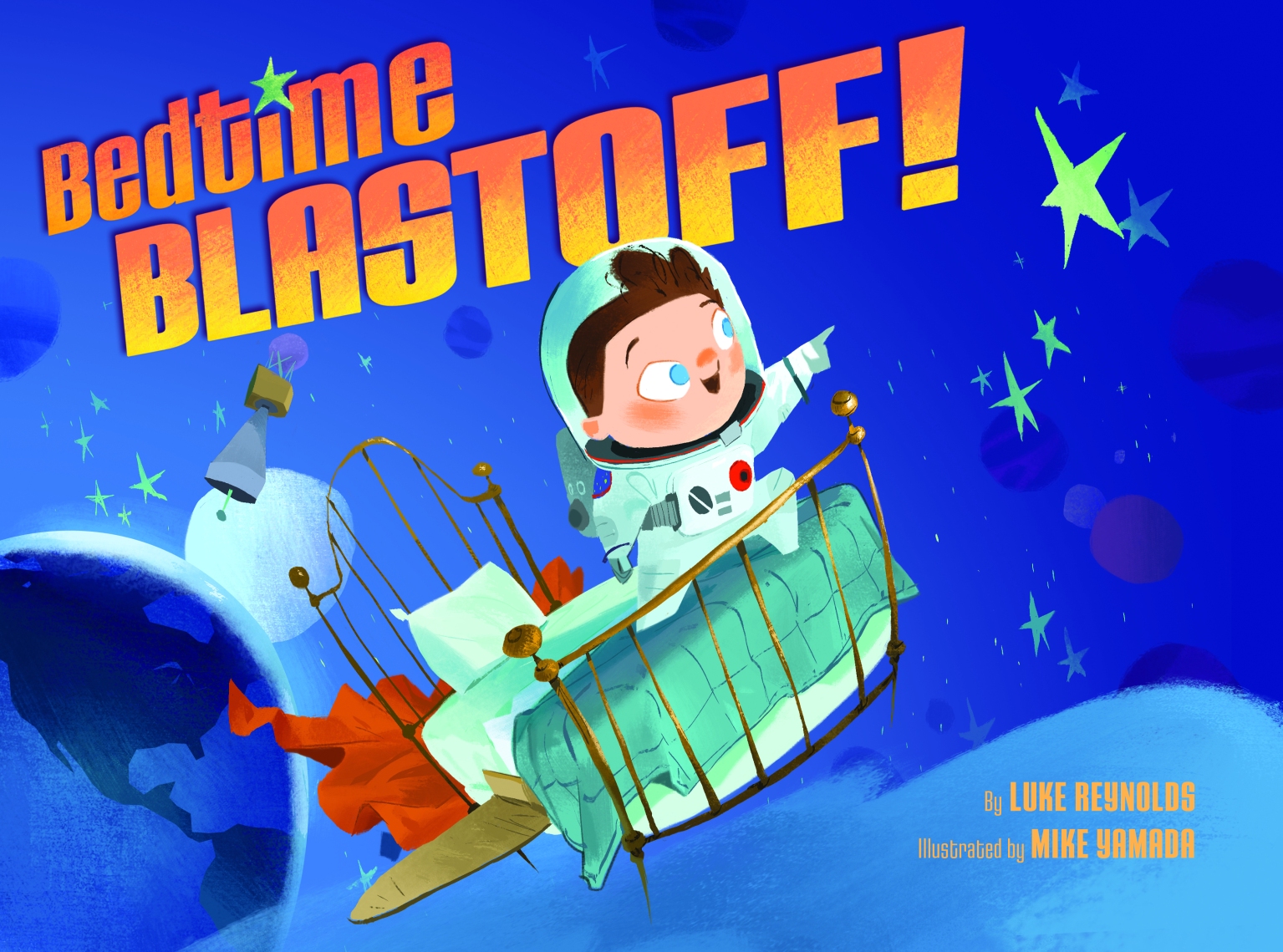As an aspiring author, getting to read the success stories of others – about what it’s like to get the out-of-the-blue (and life-changing) call from an agent or editor that says “yes” – was like candy. They gave me hope.
Except after years of reading those stories and believing success was right around the corner (only to find that it wasn’t), I started to need a different kind of story. I needed stories about persistence. So, to all of those who are persisting in the querying and submission trenches, this is for you.
__________
The first manuscript I wrote was cringe-worthy. It was short – just 28,000 words – but I had written it one-handed while my baby boy nursed, so it was pretty darn long considering. I wrote it having no idea whether I could write a novel and no idea how you actually publish one (like knowing an appropriate word count for a MG novel.) But it made me realize that I COULD write a novel. Of course, once I immersed myself in figuring out the process for getting published, it quickly became clear that this manuscript wasn’t going to cut it. I started writing manuscript #2.
Manuscript #2 had a snazzy title (SWIMMING WITH TCHAIKOVSKY – it makes you pause, right?) and a good concept. Out of the 100+ queries I sent to agents, I got 30 requests to read the full manuscript. But none of those requests turned into an offer. Looking back I can understand it more clearly now why: the main character was too passive, the plot was complex in certain ways, but too thin in others. I had more work to do as a writer.
I promised myself that I wouldn’t query Manuscript #3 too soon. This time, I would make sure the meat of the story was as good as its concept—an all-girl science club (Sciencetastic Supergirls) that basically has to save the world. Plus, by this point my time in the querying trenches meant I had developed wonderful friendships with other aspiring MG authors who had become invaluable critique partners. And this time, everything came together. To test the querying waters, I entered my first page one of Miss Snarks First Victim’s Secret Agent Contest (http://misssnarksfirstvictim.blogspot.com/) and not only did I love the agent’s feedback on each of the entries, and not only did she end up choosing mine as the winner and requested a full manuscript BUT she was Tricia Lawrence, an agent at the Erin Murphy Literary Agency. This was an agency

I even have my very own Emu that sits prominently in our living room. Hence, the extra longing.
I had been pinning after since the beginning. A month later she wrote me an email that used the word “love” SEVERAL times. My growing son had been waiting for me to go for a walk in the woods when the e-mail came in. Then, he had to wait more and it started to rain. But then, I was ready and we ran together through the woods with the rain on our faces, and he didn’t quite get why his mama was screaming with happiness, but it sure made for a fun time.
The supergirl manuscript went on submission, and over the course of a year it got a request from an editor to revise and resubmit, but it didn’t end up leading to an offer. But in the meantime, I had learned from my previous manuscripts that the only way to stay sane when submitting work is to be starting something new. As my next manuscript (#4) took shape I could see that it was far bolder than anything I had written before. In part this came from the amazing, intangible benefit of having an agent who believed in me, and in part because in another area of my life I was becoming the leader of the gun violence prevention movement in Vermont, a role that was teaching me I was far stronger than I originally thought. I decided I want to stop submitting Manuscript #3 and focus instead on the new stories I was writing (Manuscript #5 was similar in that dove deep into issues people didn’t necessarily want to talk about – but needed to).
But…. neither of Manuscript #4 nor #5 found a home. Even though they both got very close to big deals – and I was on the edge of my seat, eating absurd amount of chocolate for months expecting to hear the good news any day and even showing up at social events holding a ROCK in one hand because I needed to squeeze something to keep myself from exploding—it didn’t happen.
Thankfully, before I hit that emotional roller-coaster, I found the space to start writing Manuscript #6. When I started it not only did I have an agent who believed in me, but I was fully convinced that I would have an editor by the time it was done. I was sure that this would be my second book and that it didn’t need any shiny jazz hands to grab someone’s attention. Instead, it could just be honest.
I bet you can see where this is going.
A year later I had spent a whole lot of time building up a protective wall around my emotions when it came to the submissions process. I had read the wise Tamara Ellis Smith’s words about longing and how to sit beside it rather than letting it consume you. But still, the best I could do at the time (if I wanted to keep my sanity intact) was to try to sit on top of it. When Tricia told me she was sending out this novel on sub, I had no reaction. Those were just words. The e-mails would go out. Rejection and silence would come back.
But then, a month later, I was driving home from a daylong board meeting (during which I hadn’t managed to find time to pee), late for school pick-ups, scrambling to find someone to pick up one of my kids, hightailing it to pick up the other, and oh-my-goodness did I have to pee. And then I saw out of the corner of my eye an e-mail come in on my phone. It was from Tricia and it had the words “offer” and “love.” Even now, my whole body goes numb just remembering it. I was like a zombie picking up my daughter from pre-school. I even ran into a friend who is an aspiring author himself, and when he asked me if I was okay (because I must have look like someone died), I told him that I really needed to pee. And then cautiously I told him about the e-mail. He, in turn, cautiously said (still looking my somebody-died-face), “But that sounds like a really good thing.” I swallowed. “It does, doesn’t it?”
It took me about a month and many conversations with my writer friends for it to sink in that this story rooted in simple honesty was going to become an actual book. THE BENEFITS OF BEING AN OCTOPUS is about a 12-year old girl at the edge of poverty who has to find her voice. There are no bells and whistles. Instead, it is seeped in the realities of the class divide, the gun debate, and complex family relationships. It is about finding hope and pushing forward no matter how much the odds are stacked against you.
And isn’t that what we all need to do?
______________________________________

About Ann Braden
Ann Braden writes books about kids struggling to find their voice amidst the realities of life. She founded GunSenseVT, a grassroots group focused on championing the common ground on the issue of guns in Vermont, which successfully got gun violence prevention legislation passed. She also helped found the Local Love Brigade, which now has chapters all over the country sending love postcards to those who are facing hate. She is a former middle school social studies teacher. Ann’s debut novel The Benefits of Being an Octopus comes out in September 2018 from Sky Pony Press. The novel is a close, personal look at life on the edges of society, through the eyes of one girl just trying to find her way forward, recommended for fans of Jason Reynolds’ Ghost. You can connect with her at her website, on Facebook, on Twitter, or on Instagram.


 come roaring along with every new delivery of manuscript revisions, like rumbling motorcycles leaving greasy tire tracks across my soul, and this thousand-pound steel sidecar is attached to every single one: Beating Myself Up for Falling into Mind Games Again.
come roaring along with every new delivery of manuscript revisions, like rumbling motorcycles leaving greasy tire tracks across my soul, and this thousand-pound steel sidecar is attached to every single one: Beating Myself Up for Falling into Mind Games Again.




 Elaine Vickers is the author of
Elaine Vickers is the author of  I couldn’t spell (thank the gods for spell check), but I obviously knew I wanted to write. I wrote all through high school, won a statewide poetry award, but then life got in the way. I wasn’t confident that I could make a living writing. I got interested in environmental issues and went a more scientific path. Even so the sneaky writing muse was watching out for me. I didn’t end up in a lab, I became a planner and project manager with significant responsibilities in, you guessed it, technical writing. But the writing I do for work is as far from creative writing as you can get while still using words.
I couldn’t spell (thank the gods for spell check), but I obviously knew I wanted to write. I wrote all through high school, won a statewide poetry award, but then life got in the way. I wasn’t confident that I could make a living writing. I got interested in environmental issues and went a more scientific path. Even so the sneaky writing muse was watching out for me. I didn’t end up in a lab, I became a planner and project manager with significant responsibilities in, you guessed it, technical writing. But the writing I do for work is as far from creative writing as you can get while still using words. Darcey Rosenblatt’s debut novel will be published by Henry Holt/MacMillan in spring of 2017. KEY TO HEAVEN, an historic fiction, tells the story of a 12-year old Iranian boy sent to fight in the Iran Iraq war in 1982. With her critique group she runs the Better Books Workshop – an annual small deep craft conference held in Northern California. She lives in the San Francisco Bay Area with her fabulous husband and perfect daughter, some fish, and the best dog in the world. By day she is an environmental planner and when time permits she paints and costumes for a 5-8 year old theater.
Darcey Rosenblatt’s debut novel will be published by Henry Holt/MacMillan in spring of 2017. KEY TO HEAVEN, an historic fiction, tells the story of a 12-year old Iranian boy sent to fight in the Iran Iraq war in 1982. With her critique group she runs the Better Books Workshop – an annual small deep craft conference held in Northern California. She lives in the San Francisco Bay Area with her fabulous husband and perfect daughter, some fish, and the best dog in the world. By day she is an environmental planner and when time permits she paints and costumes for a 5-8 year old theater.


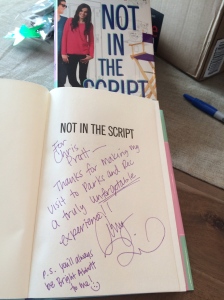
















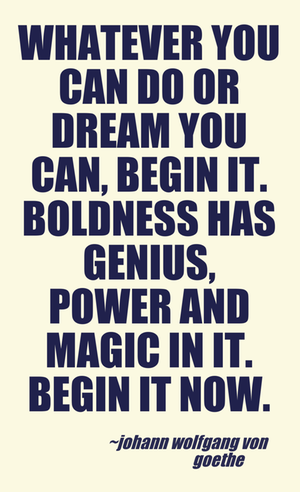





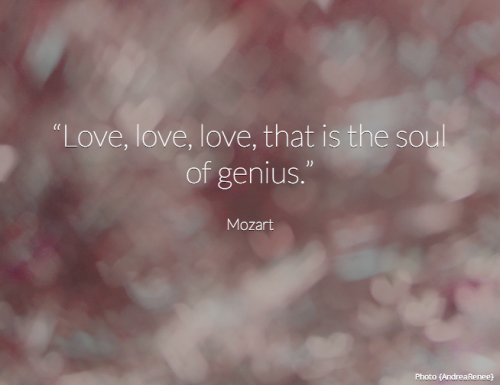

 When she wrote that post back in 2011, I’d only been with the agency for a few months. One year from now, I’ll have three books published. That doesn’t seem like very much waiting, especially to those familiar with the pace of the publishing industry. Many of my writer friends have walked up to me and said something to the effect of, “Wow, you’re on FIRE!” Some say things like, “I guess you’ve been busy lately!” Others ask, “So, what’s your secret?” as if I’m holding out on them. A few say, “Boy, did you get lucky!” never thinking that some authors might be a little bit offended by that. (I never am: Yes, indeed, I have gotten very, very lucky!)
When she wrote that post back in 2011, I’d only been with the agency for a few months. One year from now, I’ll have three books published. That doesn’t seem like very much waiting, especially to those familiar with the pace of the publishing industry. Many of my writer friends have walked up to me and said something to the effect of, “Wow, you’re on FIRE!” Some say things like, “I guess you’ve been busy lately!” Others ask, “So, what’s your secret?” as if I’m holding out on them. A few say, “Boy, did you get lucky!” never thinking that some authors might be a little bit offended by that. (I never am: Yes, indeed, I have gotten very, very lucky!)

 A lifelong Amsterdammer,
A lifelong Amsterdammer, 

